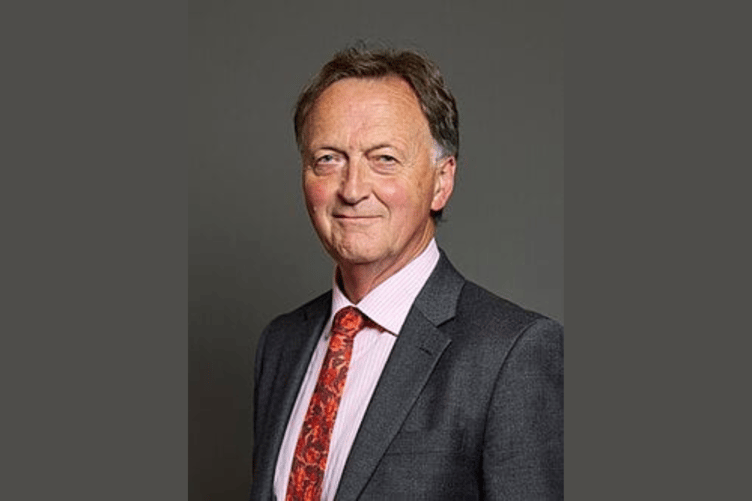RESOLVING the acute shortage of registered nurses is central to restoring our NHS. It’s important the government’s soon to be published Workforce Plan plots a path to recovery, after a decade of decline under the previous lot.
Finding a way of improving pay and conditions is vitally important. But the stress of nurses being forced to work in understaffed and unsafe patient settings has undermined staff retention. Yes, we must continue recruiting yet more well-educated, clinically outstanding, caring and dedicated people into this most honourable of professions. But we must also treat current staff with respect, so we improve retention.
Registered Nurses are safety-critical. Few patients appreciate the distinction between registered nurses and their equally important and highly valued healthcare worker and nursing associate colleagues whose actions nurses are responsible for. They will be astonished to learn that most registered nurses - who quite rightly must achieve graduate degree level qualification to secure and retain their clinical registration – end a 40-plus year career on Band 5 (circa £37,000).
Registered Nurses now threaten a strike ballot if concerns are not answered. Nurses are less favourably treated than allied professionals. In spite of the most recent pay award, pay has diminished by 25 per cent in 10 years.
If registered nurses are treated fairly, the equally important case for healthcare workers, nursing associates and other under-paid staff stands a better chance. It’s critically important to get this right, to stabilise the professions and improve workforce retention.
I took a shocking call this week from one of the medical relief agencies operating in Gaza. Medecins Sans Frontieres (MSF), like others (Red Cross, Save the Children etcetera) operating within conflict zones, or responding to natural disasters and epidemics, remain independent, neutral, impartial.
“A famine is now present in Gaza”, I was told. Officially confirmed. Starvation is widespread. Conditions on the ground have worsened: “Airdrops are an irrelevant and dangerous distraction. We cannot feed patients (or staff) in medical centres. Starving patients don’t recover from medical procedures. Without a healthy diet wounds break down.
“We’re starved of energy. So, we can’t produce enough oxygen, nor sterilise enough water. We have very limited medical supplies. I am an anaesthetist. We must ration painkillers for procedures.”
The Israel government halted UN aid and replaced with its own notorious co-US backed “GHF” service a few months ago: “It’s available in only four compounds, which Palestinians must get into by walking through conflict zones, only to be shot at when they get there. Previously there were 400 UN aid centres.”
I was told the Gaza Health Ministry estimate of 50,000 deaths (“over 40 per cent children”) is an “under-estimate”.
They added: “And, don’t forget, there are at least as many ‘indirect deaths’ of cancer, diabetes, and other patients with survivable conditions who will have died because they couldn’t get the treatment.”
There’s more. But too horrific to convey. Our call for a ceasefire is now even backed by the majority of Israelis.





Comments
This article has no comments yet. Be the first to leave a comment.